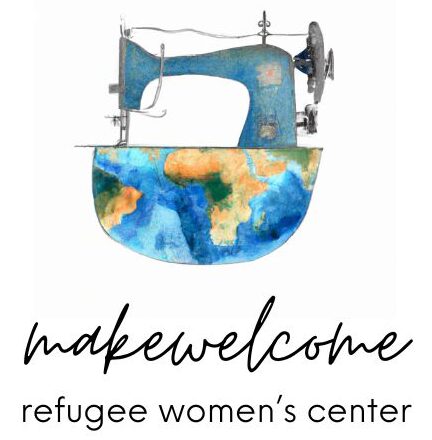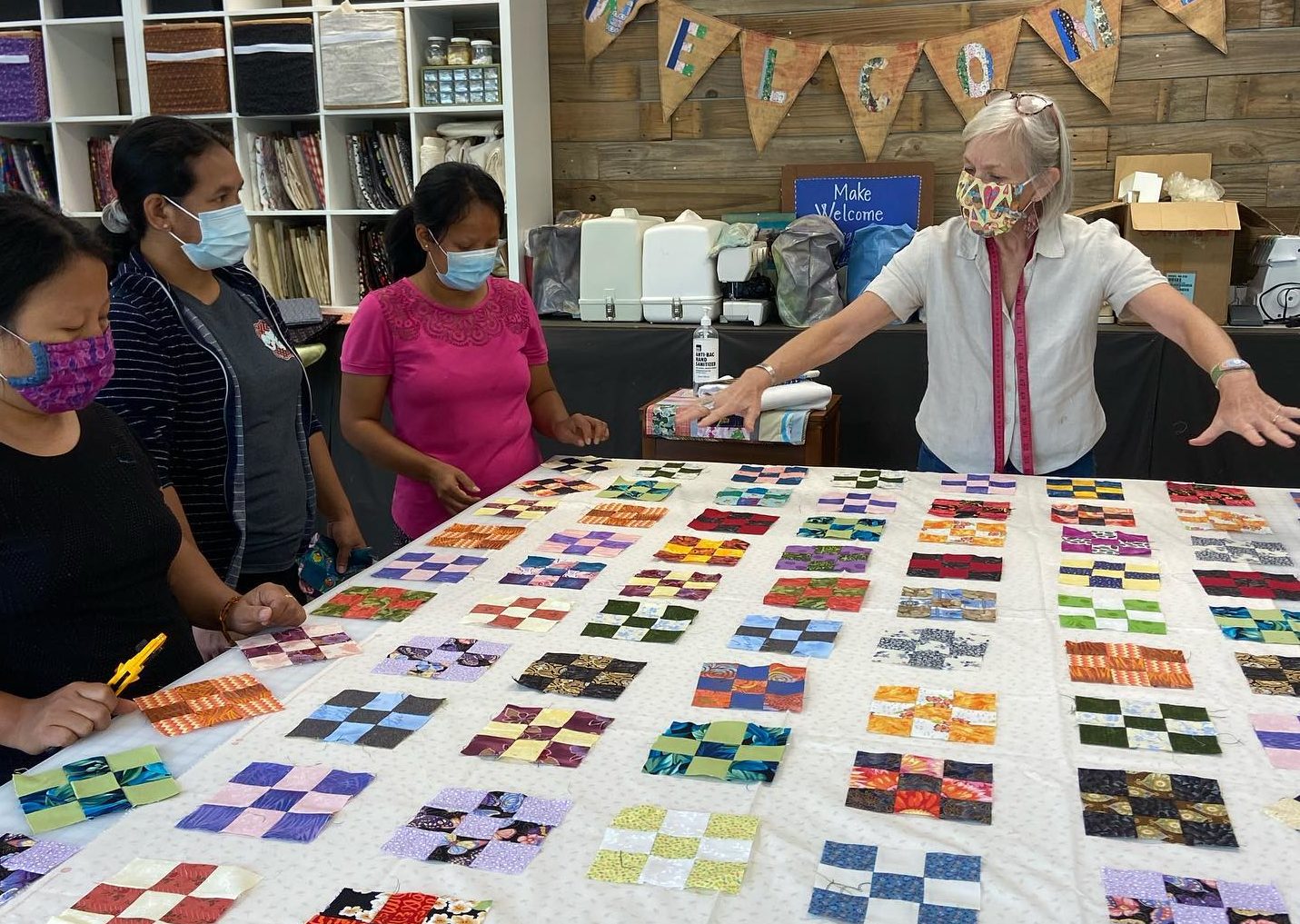In January, I finished off several books on my reading list. The first, The Displaced, is a collection of essays by refugee writers. The second, Refugee High, follows a group of refugee students who attend an inner city school in Chicago. In both books, I was struck by the general bitterness that the second generation can harbor towards their parents who brought them to the United States.
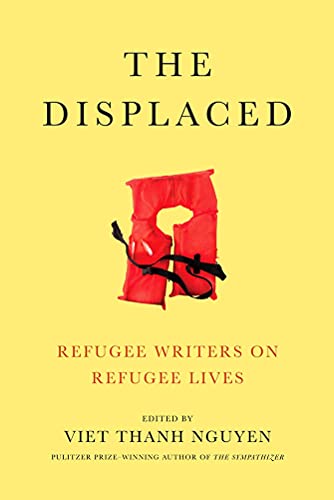
This bitterness seems to stem from two sources. First, there’s a cultural disconnect that happens as the children in a new immigrant family become quickly acclimated to the new culture in whatever country they’ve been resettled, and set aside (at least to some extent) the trappings of the past life. Even though their parents are thankful for and embrace their new country, yet they also hold on to the memories of their homeland, to the traditions they hold dear, to the cultural norms that bring stability.
Beyond this, there’s also an emotional disconnect as the parents, dealing with great trauma and pain themselves, often struggle with how to raise their children well. Long work hours where the parent must be out of the home, language barriers where their children can often outpace them in fluency within a year or two, schools that elevate the child at the expense of the parent, new cultural norms that they don’t know how to navigate.
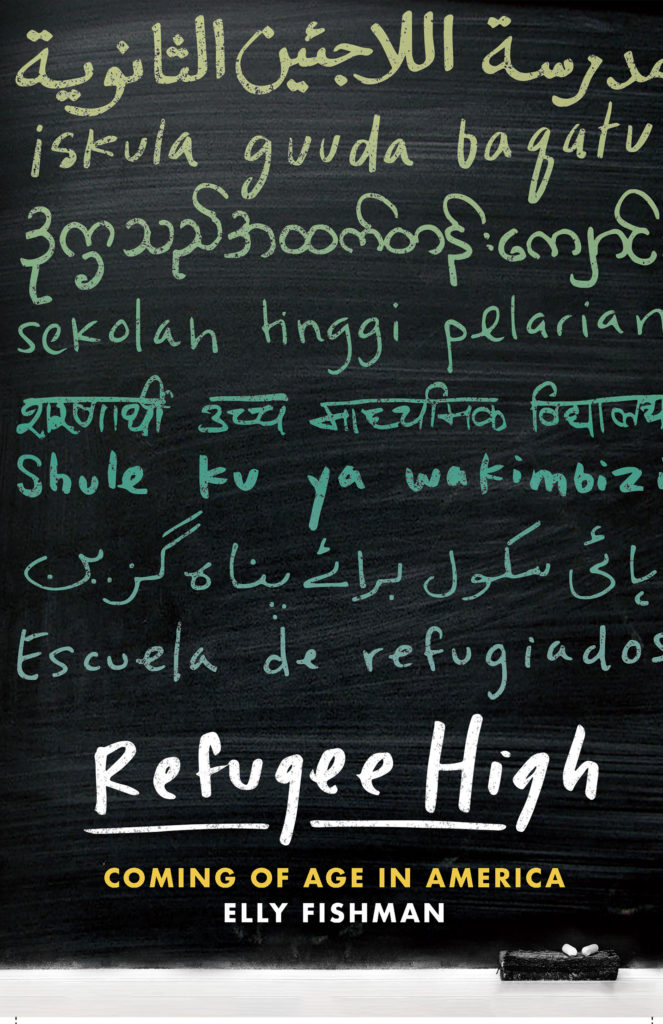
Refugee High’s author, Elly Fishman, does an excellent job of first showing a refugee teen’s frustration with their parent’s controlling (or neglectful) behavior, then stepping back and sharing the parent’s story. You see the extreme trauma and suffering that the mom or dad has experienced in this journey and how they struggle to cope and find new life in America.
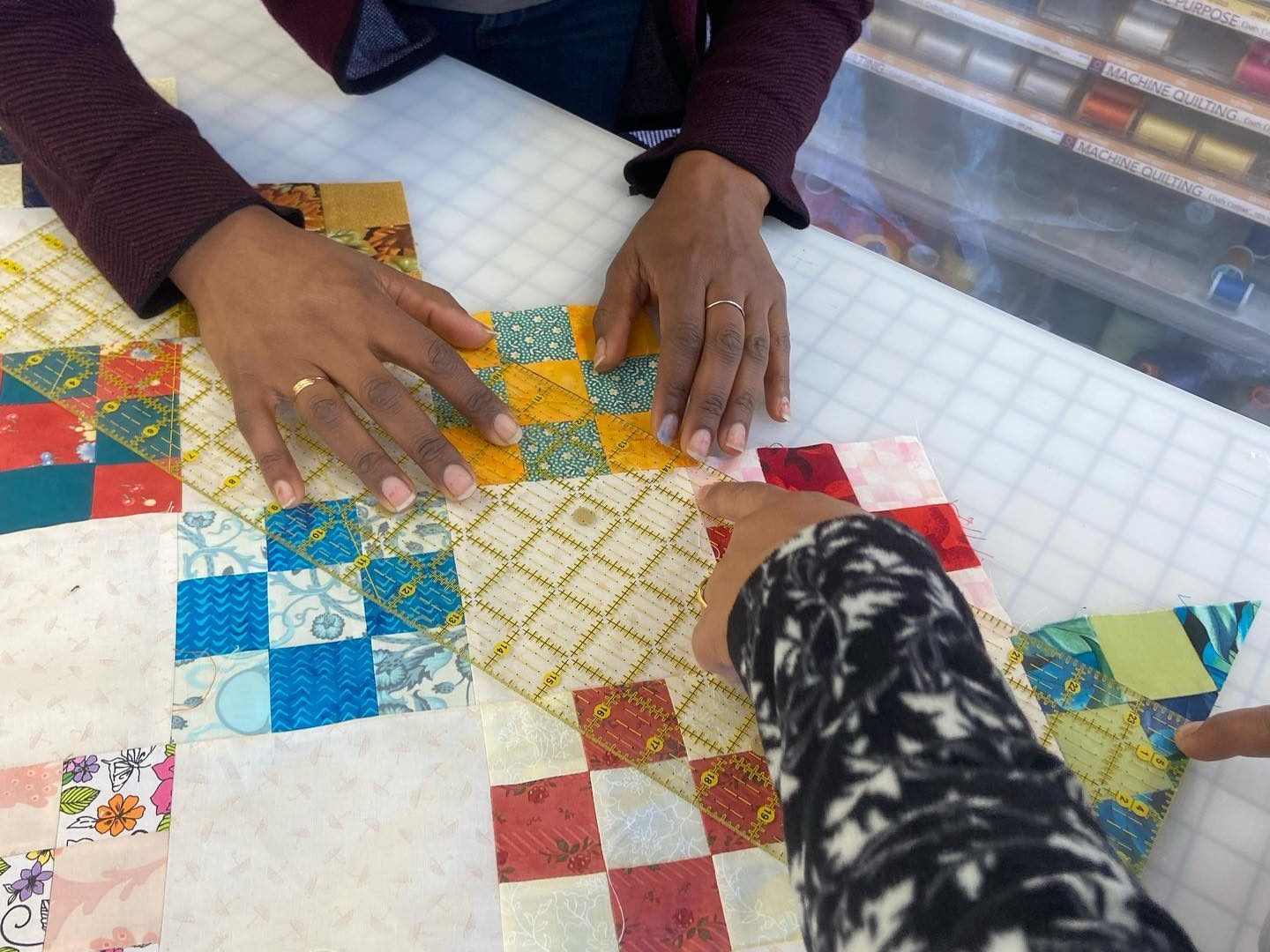
Y’all, teens and children often have a plethora of services available to help them cope with trauma. Refugee adults rarely have that same care. But at our sewing classes, we have that opportunity each week to love on these women. We are telling them, “You’re special. You matter to us. You have worth. I can guarantee almost every woman in our class is carrying a burden of pain that we can’t really fathom. We give opportunity to share stories of pain, of happy memories, of current struggles. Sewing class provides a place of friendship and safety.
The cost of fleeing home has been steep. Yes, they found safety and every woman I talk to is profoundly thankful her children will not have to fear violence. Yet these women have lost all that they knew of as “home”. They’ve seen death up close. They are struggling to know what it means to raise an American kid when their own parenting framework is so different. So many of them can’t even communicate in English well, even after years of school. Many dreams gone, never to be fulfilled.
In The Displaced, Zimbabwean author Novuyo Rosa Tshuma tells a story about her mother being given a pretty dress by an aid worker during clothing handouts in the refugee camp, and how precious that memory is to Tshuma’s mother. She goes on, “Perhaps it’s these small, precious moments within the larger canvas of suffering – within the upheavals, the displacements, the pain – that shine through in the aftermath of it all, and serve as a basis for moving on, for living. In our selective arranging of memory, we may find ourselves leaning more toward light and lightheartedness. A yearning for happiness, for tenderness. An attempt to displace heartache and pain.”
I hope through our classes, we are providing a place of hope, a community that helps at least in small part to displace some of the heartache and pain. That’s my prayer this month. That through us, Christ’s comforting love would be shown.
